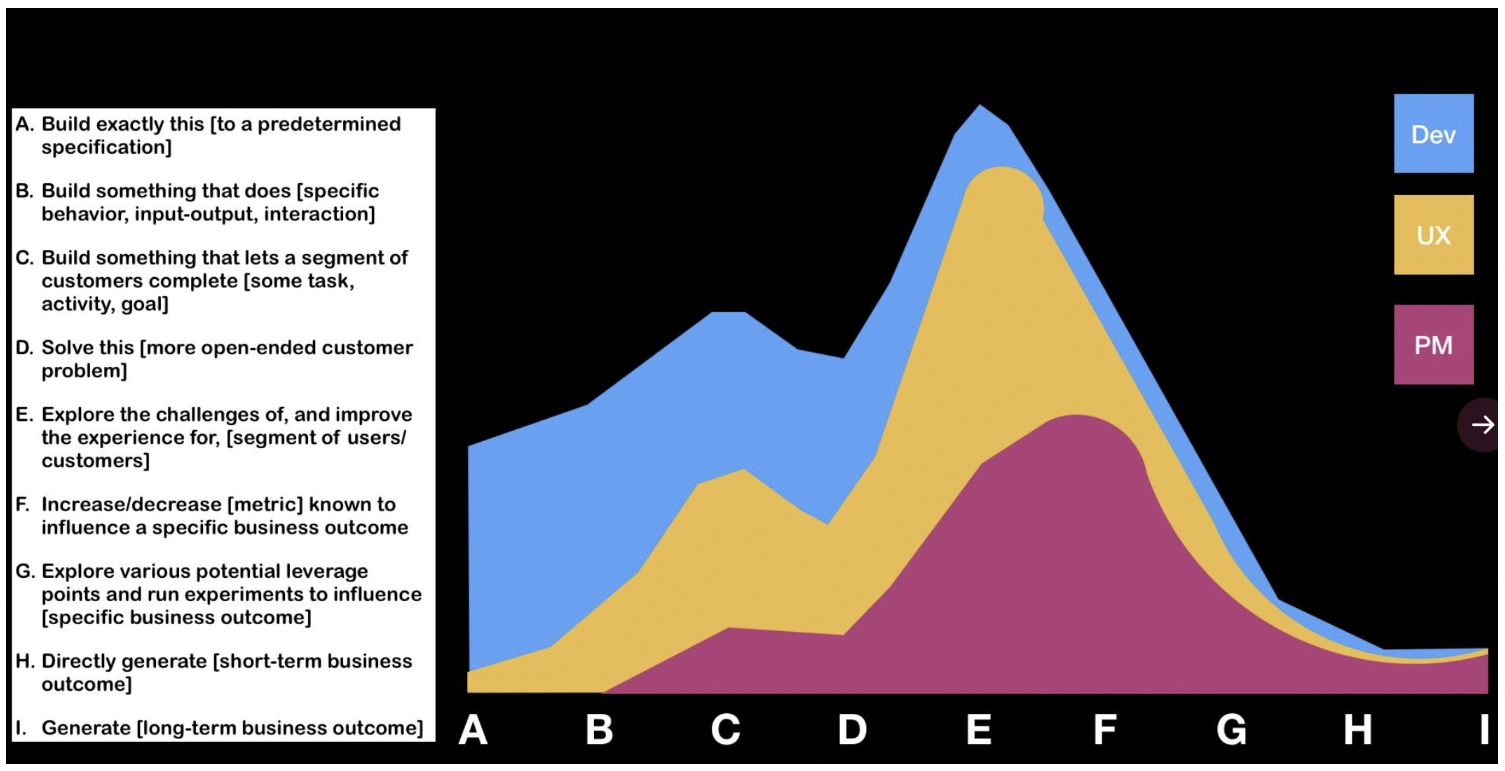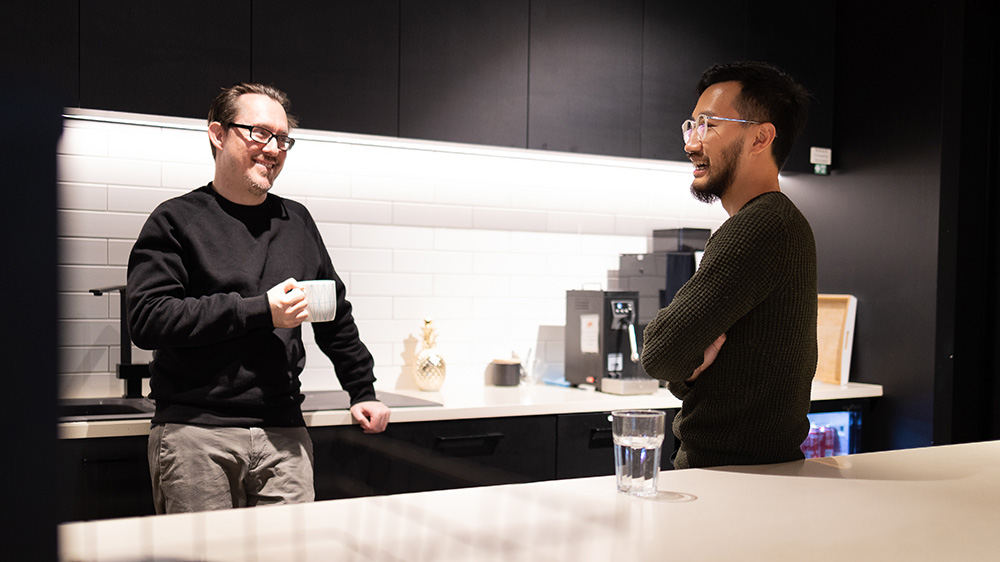I have a confession – I’m a consultant. Yes, I know what you’re thinking. But contrary to popular opinion, our success is not measured by how long we’re on an engagement but on the positive outcomes we deliver for the client.
We bring expertise and specialist knowledge, along with industry best practices, an external and objective perspective without bias or preconceived notions, not to mention being more cost-effective than hiring and maintaining an internal team.
However, the process of choosing a consultant should be no different from the process of assembling an internal team. Firstly, you need to evaluate the skills and expertise of the person to ensure they align with your goals. Additionally, just like building an internal team, choosing a consultant requires you to consider their track record, reputation, and past performance. Both processes aim to ensure that the person can positively contribute to the success of your business.
So, how can you get the most out of your consultants?
Don’t be too attached to your idea.
Clients often have a good idea of what they want their product to be or do, the trouble is, they sometimes don’t know whether their customers will find it valuable. If you get straight into delivery mode with delivery focused consultants and don’t validate your idea, then you risk wasting a lot of time and money heading down the wrong product direction. Be aware of your biases and be open to testing and validating your idea (supported better by product or user experience consultants). This doesn’t have to be a laborious process, there are a number of quick and easy ways to validate your choices along the way.
Recognise your current position, whether before or after finding value.
How you approach the work will depend on whether or not you have already established product market fit by verifying that your customers have found value in your offering. To establish fit, it’s generally better to use fast and cheap experiments to answer key questions about your customer segments, product channels and monetization strategy so that you don’t heavily invest in a platform or application that’s built upon assumptions.
Before you’ve established product market fit, you should be in experimentation / exploration mode. Then, after establishing the fit, you’ll move to a more delivery focused approach. Be sure to understand where you’re positioned so that your consultants can better support your goals.
Experimentation has a different team shape to delivery.
If you’re exploring product market fit in digital, you likely won’t need the full application development team and will be better serviced by having product, customer experience or growth marketing types that will help you find your niche. At this point, your development capacity will be more suited to building functional prototypes than developing a rich, maintainable and scalable application. Your team is more likely to be running product discoveries than development sprints. When you shift to a development focus this will likely mean a larger development team, that includes speciality skill sets (i.e. cloud and DevOps, machine learning, automated testing,etc.) that will help you prepare your product for growth.
How you define the problem will dictate the roles you need.
How you define the work will influence what types of skills you need, and ultimately, what types of consultants you’ll bring in to solve a particular problem. For instance, if you’re bringing in a team to ‘build a predetermined specification’ then the majority of effort will be based around application development against the predefined specification. Whereas, if a team is being brought in to ‘increase/decrease a particular metric known to influence a specific business outcome’ this will take a lot more exploration and need more of a user experience and product management focus. The diagram below shows the potential variations to consider.


Make sure they’re the right fit for you and your culture.
There’s a spectrum upon which consultants operate. One end of the spectrum is purely strategic and the other end is hands-on doing. Define what type of support is most needed in your case, often you’ll need something in between. Also consider the cultural fit, are you looking for people to just get the job done independent of existing teams, or will the consultants need to be integrated and work in harmony with your existing teams. Similarly, are you just looking for people who will do the tasks allocated to them or are you looking for more proactive people that will be curious, question solutions and change the ways of working too.
Know what you should expect from your consultants.
Every consultant is different, so for the partnership to work, you should expect:
- Appropriate level of collaboration.
- Clear setting of expectations of what can be achieved.
- Clear and honest communication.
- Curiosity. This will help them truly understand the problem(s) the business is trying to solve and how best to solve them.
- Building trust. The relationship should be a partnership where there’s clear transparency and progress towards agreed goals.
- Value for money. If you don’t feel you’re getting value for money, then something probably isn’t right.
If you’re not seeing the behaviours described above, it might be worth reconsidering your chosen consultants or approach.
Know what your consultants are looking for from you (if you’re a sponsor).
- Provide clear directions and objectives of what you’re looking for—what’s most important, key milestones, values, focus areas, but also, any constraints or guide rails to stay within.
- Support to optimise their work and clear the path of any unnecessary red tape or blockers that are going to inhibit them.
- Give them space.Try not to micromanage them or you risk not getting the best thinking out of the team.
- Find time for your consultants. Organise regular catch-ups so that both parties stay aligned.
- Supportive culture and work environment. Consultants are people too, and happier consultants will perform better and deliver better outcomes.
Hopefully these points will help ensure you’re getting the most out of your consultants. Remember, the relationship works best as an open and transparent partnership where both parties are aligned and focused on clearly communicated priorities while delivering something great!

